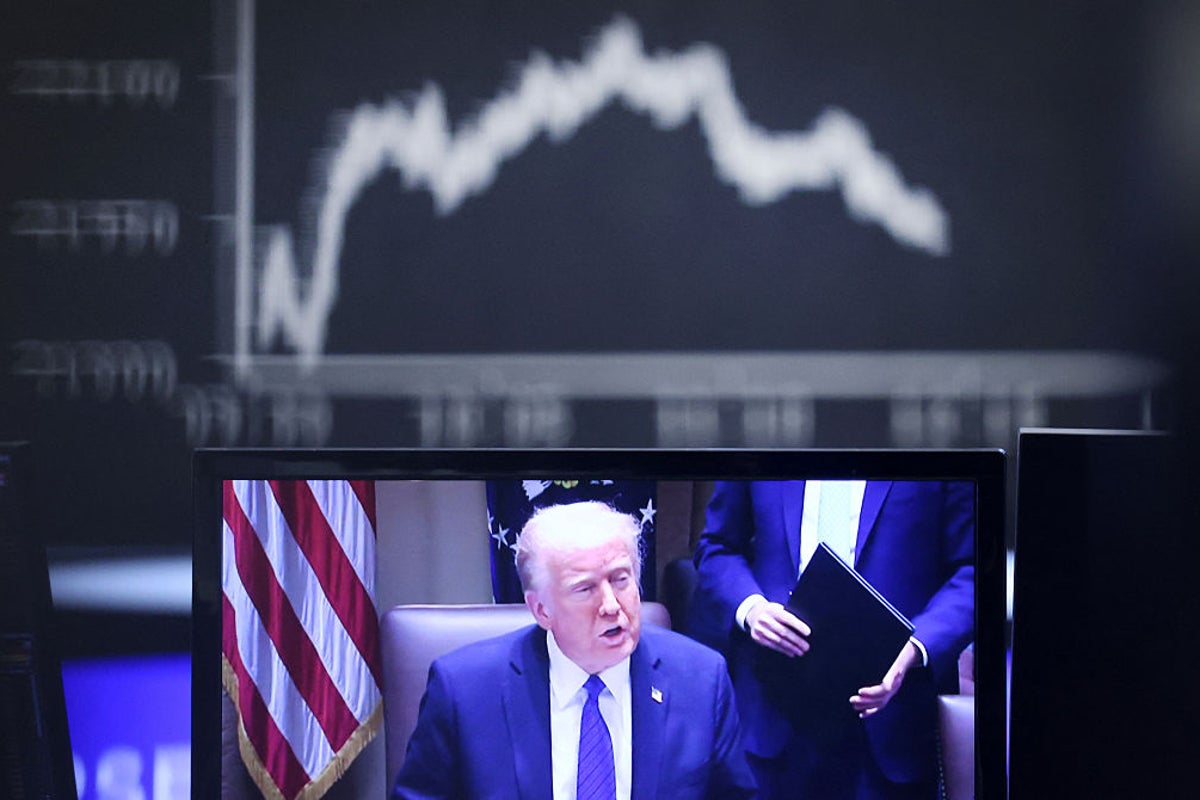
US Economy Boosts with 228,000 New Jobs Amid Trade War Concerns
The U.S. economy has shown a surprisingly robust performance with the addition of 228,000 new jobs. This comes amid ongoing trade war tensions that have left economists and policymakers alike questioning the stability of future economic growth.
Economic Growth Despite Adversities
The increase in employment numbers defies expectations, especially as the economy grapples with the ramifications of ongoing trade disputes. Many experts had predicted that the trade war would cast a long shadow over economic growth, potentially stymieing hiring across various sectors. However, this job surge shows that the economy remains resilient despite these geopolitical challenges.
The labor market, a key indicator of economic health, continues to thrive. The sectors leading this growth are professional and business services, healthcare, and manufacturing industries. Each has shown notable resilience and adaptability amid broader economic uncertainties.
Factors Driving Employment Growth
Several factors contribute to this unexpected job gain. Notably, businesses have been proactive in their hiring strategies, emphasizing skill development and workforce expansion. Many companies are focusing on long-term growth strategies, preparing for swift shifts in market conditions that might arise from changes in trade policies.
The Federal Reserve's monetary policies have also played a crucial role. By maintaining a balanced approach to interest rates, the Fed has helped sustain borrowing and investment, indirectly supporting job creation. Furthermore, consumer confidence remains high, driving demand and prompting companies to expand their workforce.
Concerns Over the Trade War
Although the job market seems buoyant, concerns about the trade war linger. Trade tensions, particularly those involving major economies such as China, have created an unpredictable international economic climate. This unpredictability has resulted in hesitations among businesses regarding investment and expansion.
In the long term, the sustained impact of tariffs and trade barriers could raise production costs and limit export opportunities. This might indirectly affect job growth if companies find it difficult to maintain profitability under strained trade conditions. While the recent job numbers are encouraging, the specter of an ongoing trade war does pose risks.
Consumer Spending and Economic Stability
Consumer spending is another critical contributor to the current economic momentum. The rise in employment has translated into increased disposable income for American households, which in turn boosts consumer spending. Retail sales have seen a steady increase, further solidifying the The U.S. economy's resilience amidst prevailing uncertainties.
Nevertheless, the sustainability of this consumer-driven growth remains contingent on several factors. Real wage growth, inflation rates, and interest rates will all play pivotal roles in determining whether this pattern can persist. Simply put, while consumer spending is a driving force, it must be balanced by controlled inflation and sustainable wage increases.
Trade Policies and Future Prospects
The current economic climate underscores the need for clear and strategic trade policies. Businesses thrive on predictability, and erratic trade measures could undermine the current economic momentum. Therefore, crafting effective trade policies that promote stability and growth should be a priority for policymakers.
Looking forward, the focus must remain on how The U.S. can navigate these trade tensions without derailing its economic growth. Strengthening international trade relations, along with fostering innovation and entrepreneurship domestically, could provide the necessary buffer against potential downturns.
Conclusion: A Tenuous Balance
The U.S. economy's ability to add 228,000 new jobs amidst trade war concerns showcases its inherent strength and resilience. However, the road ahead is fraught with challenges, and maintaining this momentum requires strategic planning. Economists emphasize the importance of balanced trade policies, robust consumer confidence, and proactive business strategies in ensuring sustained economic health.
Ultimately, this new job boost presents an optimistic snapshot of the U.S. economy. Yet, the undercurrents of trade tensions serve as a reminder that vigilance and adaptability are essential to navigate future uncertainties. With deliberate planning and strategic policymaking, The U.S. can aim to not only withstand but flourish despite these global economic challenges.


